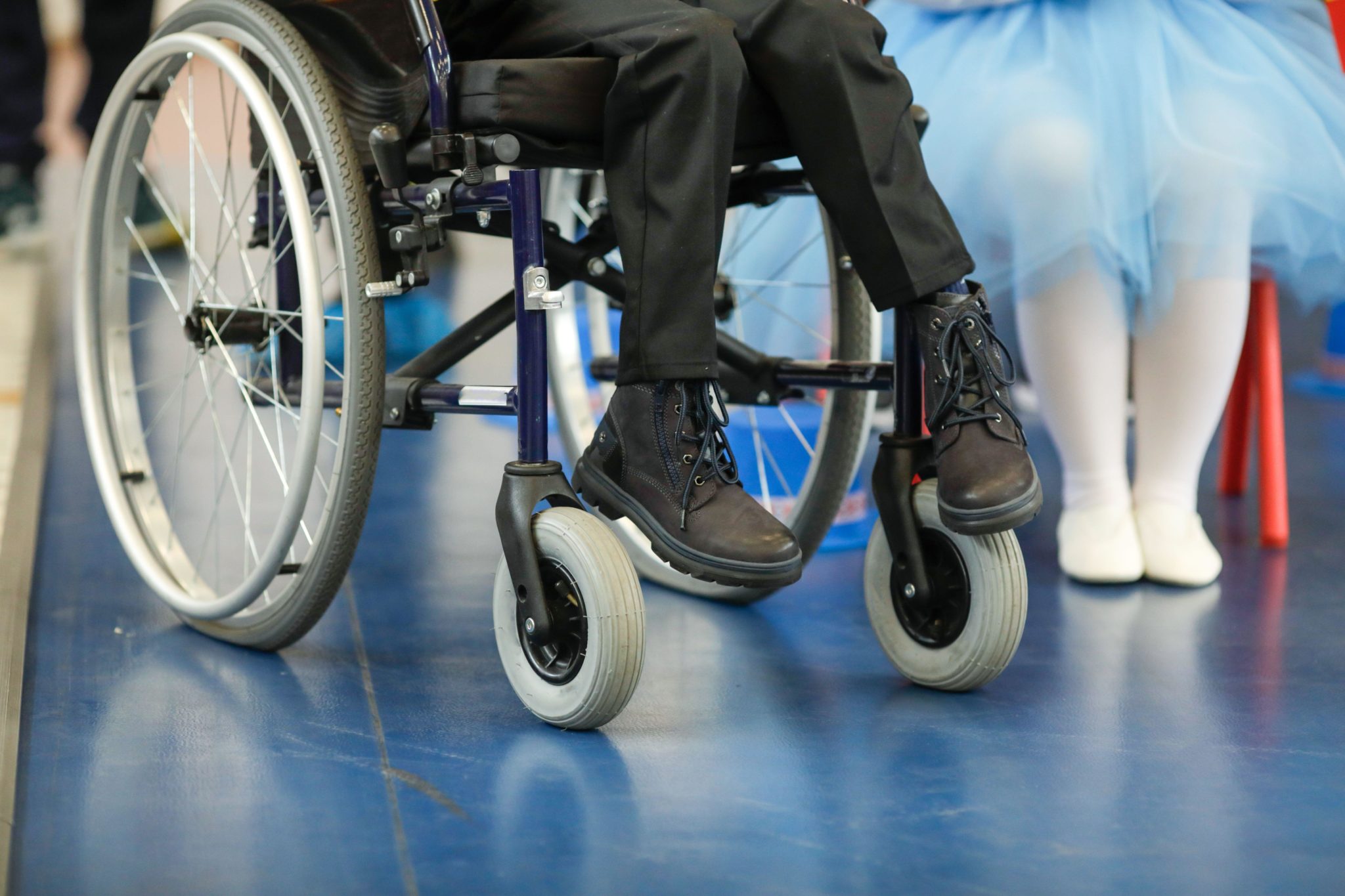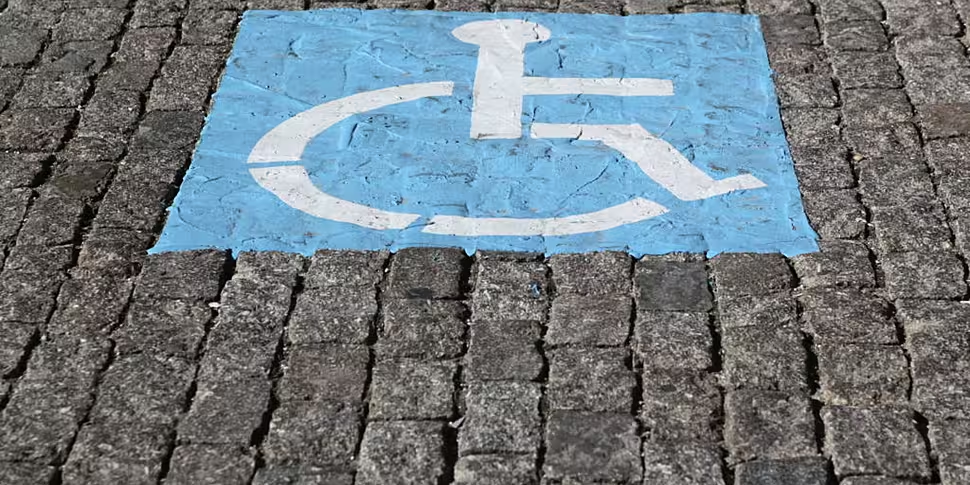Inadequate Personal Assistance (PA) supports are preventing many disabled people from living a full and independent life.
That is according to new ESRI research, which found most of those surveyed wanted a broader range of supports - with some effectively confined to their homes due to a lack of PA hours.
Others were reliant on unpaid support from family and friends.
There were also calls for greater control over when and for what their HSE-funded hours could be used - as well as dissatisfaction over the number of hours.
A personal assistant provides assistance for a disabled person to enable them to live an independent life.
Saturday marks UN International Day of Persons with Disabilities.
 A young boy in a wheelchair. Picture by: MoiraM / Alamy Stock Photo
A young boy in a wheelchair. Picture by: MoiraM / Alamy Stock PhotoOverall, the survey pointed to a significant appetite for change among PA service users, and the impact of inadequate support across their lives.
Eamonn Carroll is a post-doctoral researcher at the ESRI and an author of the article.
He said people are happy with what they are getting, to a point.
"I think the kind of quality that people are getting they're happy with, and I think there's an element of people being grateful for what they're getting," he said.
"Then when they're asked if they were getting enough support, most people said that they weren't.
"People were calling for a much broader range of support and for more hours."
'Prescriptive'
He said those using the supports want more control over them.
"The main thing is more hours... but also more control," he said.
"At the moment it can be quite prescriptive in terms of what they're actually able to use the supports for.
"People would like to have more control over it; and to be treated like the independent adults, who have their own wants and needs that they are, rather than to be told 'This is the support you're getting and this is what you'll use it for'".
"This research really shows the importance of adequate and effective personal assistance for disabled people's quality of life.
"Disabled people face much worse outcomes than non-disabled people across the areas of employment, education and social engagement, and supports like personal assistance can help tackle that gap.
"At the moment, though, the supports do not go far enough to allow most service users to live a full and independent life," he added.









